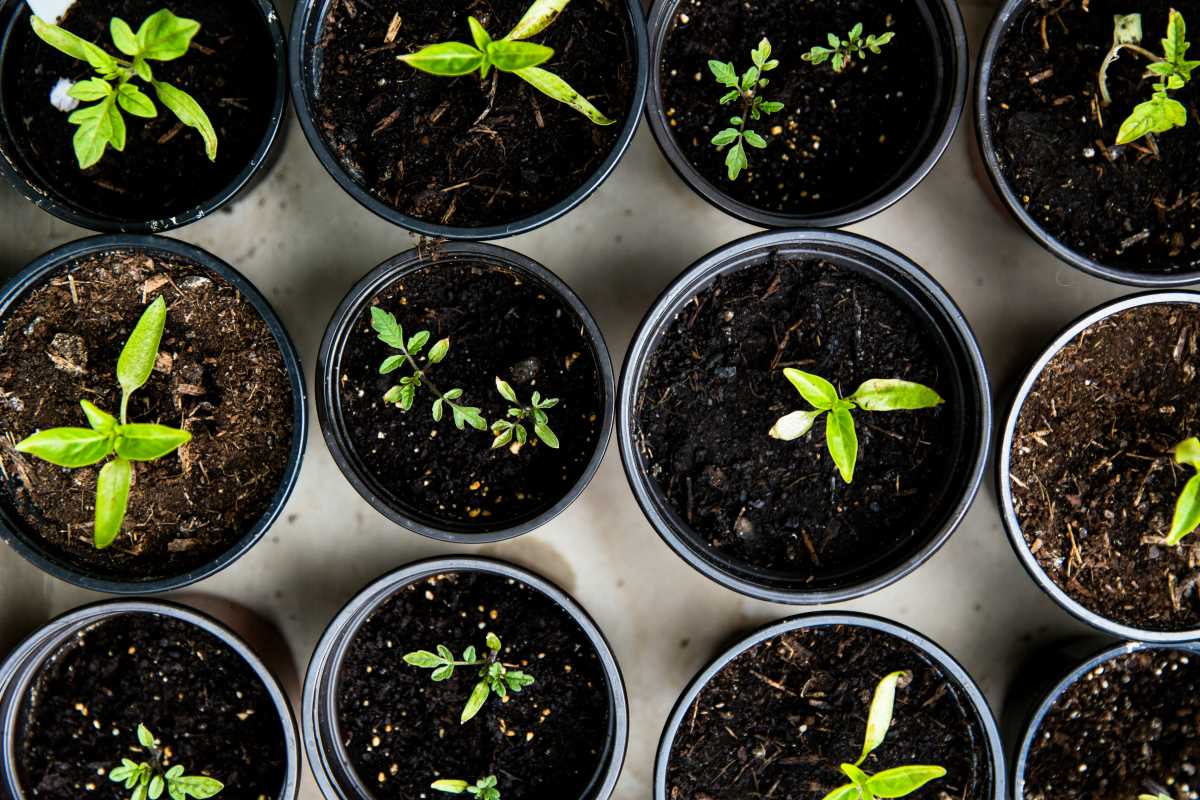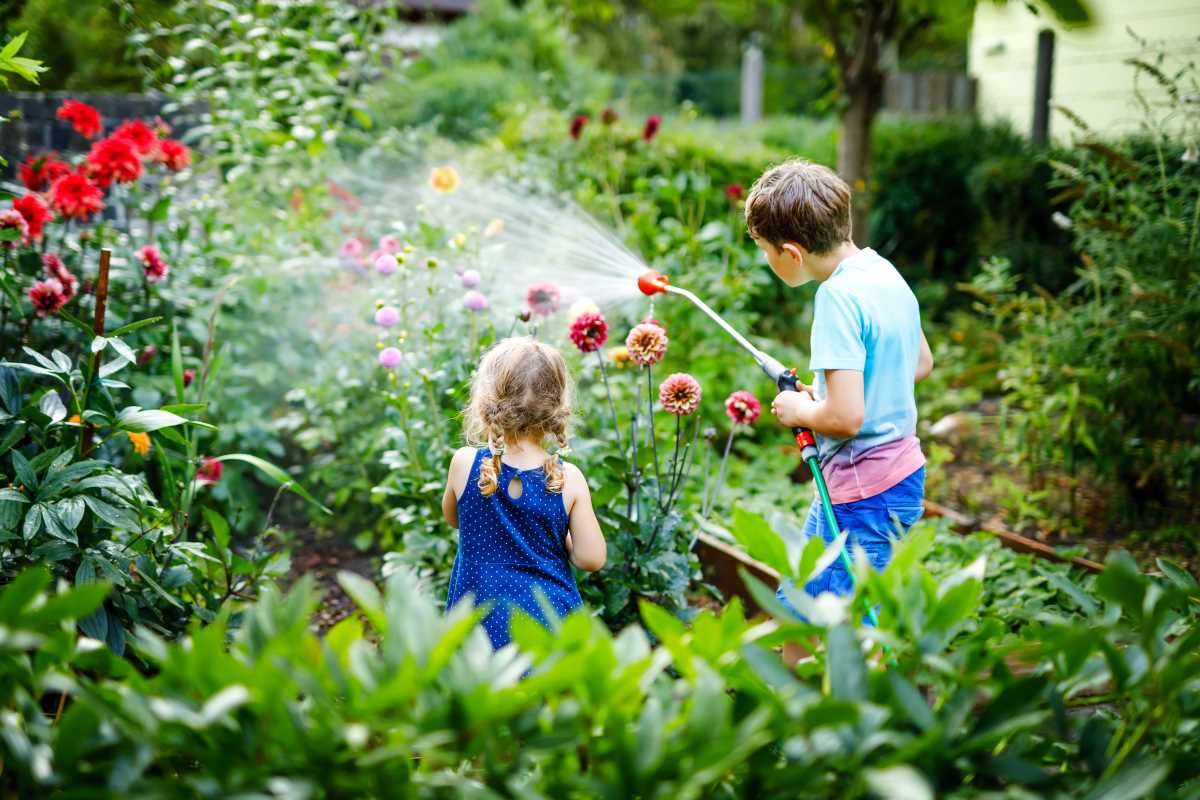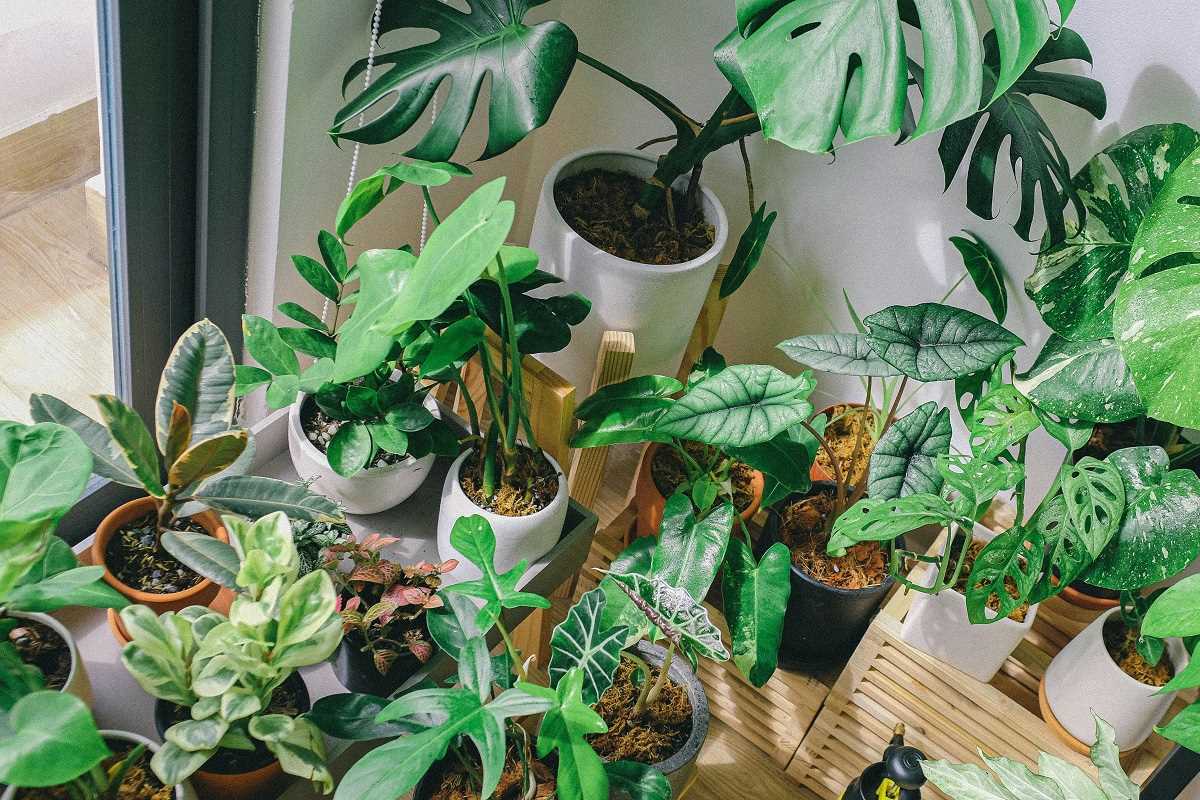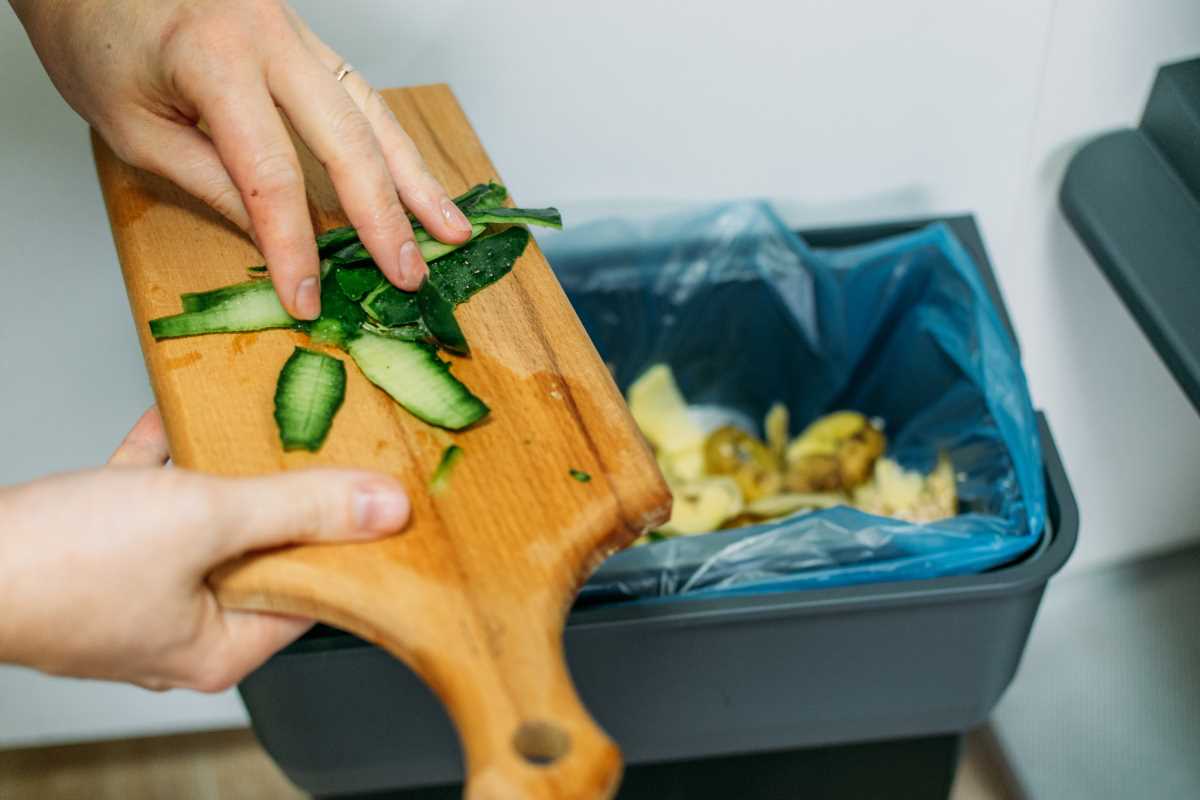Growing culinary herbs on apartment balconies combines charm with practicality, enriching everyday life in delightful ways. People often discover that nurturing even a few small plants not only brings joy but also enhances the flavors of their home-cooked meals with fresh ingredients. Balconies serve as ideal spaces for these miniature gardens, offering both aesthetic beauty and functional benefits. By incorporating a few straightforward tips and a bit of thoughtful planning, anyone can transform their balcony into a lush, green retreat, creating a serene oasis just steps away from their living space.
Starting your herb garden allows you to enjoy the satisfaction of nurturing living plants that reward you with fresh flavors. The process can be fun, especially with simple steps and easy-to-follow advice designed to fit busy lifestyles. You will soon discover that even a small space holds the potential for a lush, aromatic garden that stands as a testament to your care and creativity.
Choosing the Right Herbs for Your Balcony
Pick herbs that thrive in limited space to set the tone for a successful garden. Not every plant demands a lot of room or maintenance, so select varieties that naturally adapt to container growing.
The following herbs are known for their ease of care and strong flavors:
- Basil – A favorite in many recipes and known for its rapid growth.
- Rosemary – Hardy and fragrant, perfect for seasoning meats and vegetables.
- Thyme – Compact with a delicate aroma that enhances soups and stews.
- Mint – Refreshing and vigorous, though it may need regular trimming.
- Parsley – Versatile in numerous dishes and fairly low-maintenance.
- Oregano – A staple in Mediterranean cooking that flourishes in sunlight.
- Cilantro – Adds zest to salads and salsas, favoring cooler weather.
Selecting these herbs creates a balanced garden where flavor and care requirements align with a busy lifestyle. Experimenting with different selections builds not only culinary creativity but also confidence in your gardening skills.
You might even decide to swap varieties seasonally, keeping your balcony garden fresh and vibrant while ensuring a continual source of fresh herbs throughout the year.
Setting Up Your Balcony Herb Garden
Designing your balcony herb garden involves a few simple steps that set the stage for healthy, long-lasting plants. Starting with a clear plan makes the tasks more approachable and rewarding. The process transforms an ordinary balcony into a charming garden space that feels personal and lively.
Follow these steps to create a thriving herb garden:
- Choose containers wisely – Pick pots or containers that provide ample drainage. Consider investing in herb planters designed for balcony layouts. Ensure each container fits your space and style.
- Select a quality potting mix – Use a soil blend that supports drainage and retains moisture. This choice helps your herbs find the nutrition they need without waterlogged roots.
- Determine the best spot – Identify a place on your balcony that basks in at least four to six hours of sunlight each day. Most culinary herbs appreciate ample light, which contributes to their strong flavors.
- Arrange units for both accessibility and aesthetics – Place containers in a way that looks pleasing and allows you to reach the plants easily for watering and trimming.
- Create a simple watering plan – Develop a schedule that matches your herbs’ needs, adjusting for seasonal variations. Ensure you avoid underwatering or overwatering.
Setting up the garden with these clear steps not only clarifies the tasks ahead but also builds a sense of accomplishment as your garden develops. Each step serves as a small victory toward a more vibrant living space.
The process becomes a creative extension of your living environment rather than a chore, inviting you to enjoy the year-round benefits of having a garden right on your balcony.
Planting and Caring for Your Herbs
Planting your chosen herbs offers a wonderful opportunity to personalize your outdoor space. Gently loosen the soil in your container before placing the herb, giving each plant enough room to establish its roots. Carefully position the herb in the pot and cover its roots with soil while firming it lightly to avoid air pockets.
Keeping your herbs healthy means paying attention to water, light, and occasional fertilization. Water the plants when the top inch of soil feels dry, and consider using a liquid fertilizer during the growing season. Trimming back overgrowth encourages bushier, more productive herbs and prevents the plants from becoming unruly.
Remember, a little care goes a long way. Simple techniques like rotating pots so each side gets sunlight help plants grow evenly. By checking on your herbs regularly, you build a routine that makes troubleshooting issues straightforward and keeps your garden flourishing.
Also, engaging in some light pruning or removing faded leaves keeps your herb garden tidy and invites more vigorous growth, letting you enjoy fresh, flavorful herbs throughout the season.
Dealing with Common Challenges
Maintaining a small garden sometimes brings unexpected issues. When problems emerge, a few targeted actions can resolve them quickly. Recognize the signs of distress early on and use simple solutions to keep plants strong.
- Overwatering – Check if the soil is soggy. Allow it to dry out before watering again.
- Pest infestations – Keep a close eye on the plants. Remove any visible pests manually or use a gentle organic spray.
- Sunlight issues – Some herbs need more light than others. Reposition containers if you notice drooping or discoloration.
- Nutrient deficiency – Yellowing leaves may signal a lack of nutrients. Refresh the soil with a small dose of organic compost.
- Stunted growth – If you see little signs of movement, it may be because of limited space. Consider repotting when necessary, especially for vigorous plants like the balcony herbs.
Troubleshooting these challenges quickly ensures that your garden remains a pleasant and productive part of your daily environment. Addressing issues as soon as they arise prevents them from developing into more significant problems and keeps the process fun.
Although some setbacks may seem discouraging, facing each challenge directly gives you the experience to enjoy a more resilient and plentiful garden.
In the Kitchen
With regular care, your herbs will reward you with fresh, flavorful leaves perfect for harvesting. Snip stems in the morning, using clean scissors to preserve the plant, and rotate your cuts to encourage regrowth. Experiment by tossing chopped herbs into salads, stirring them into sauces, or infusing them in oils to elevate everyday recipes with vibrant, homegrown taste.
Harvesting your own herbs turns simple cooking into a creative ritual, connecting you directly with the flavors you grow. Enjoy the satisfaction of seasoning your meals with ingredients nurtured on your own balcony.
 (Image via
(Image via





